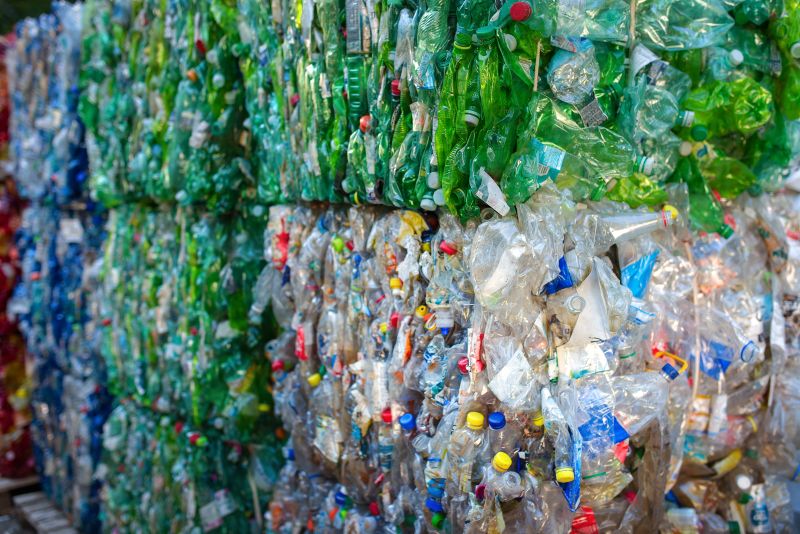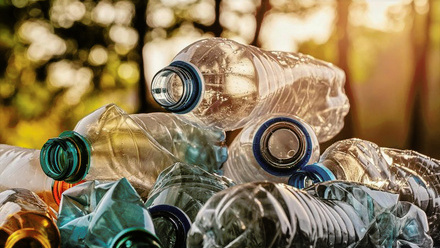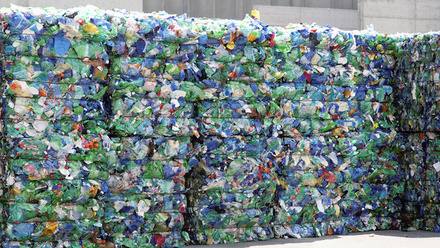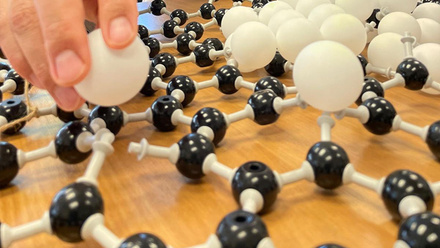€400bln needed for chemical recycling to compete with virgin plastics, says new report
A Bain & Company report examines how recycling polyolefins in Europe could reach cost parity with virgin plastics production.

Recycling polyolefins in Europe reportedly costs more than twice as much as producing virgin polyolefins.
Market forces alone are believed insufficient to drive change, as demand is highly price sensitive and volumes are too limited to generate substantial cost benefits.
The report holds that policy could play a key role to close the supply-demand gap.
European plastic companies could gradually increase recycled material blending requirements from a small base, according to the report.
Getting to cost parity with marginal producers in Europe would require cumulative global capital expenditures of at minimum €400bln in a base case, at a cumulative cost premium of approximately €270bln.
A premium includes the sum of price premiums that would be paid by customers, regulatory mechanisms and margin investment by the value chain.
The report states, country-level or regional blending mandates that increase the chemical recycling market penetration by 1–2% annually could unlock over 15% share of the plastics market by 2040.
It suggests this pathway can deliver a smooth ramp-up with manageable capital requirements, healthy returns, and minimal margin erosion or unintended substrate switching.
The report outlines three strategies for plastics producers to become chemical recycling leaders.
- Companies need to proactively co-create offtake opportunities in close collaboration with value chain partners, while setting themselves up for long-term advantage. Early movers can lock in premium waste streams and serve high-value customers, creating a virtuous cycle of scale and performance. These positions are hard to replicate once established.
- Leading companies should actively engage with regulators on policy levers that are critical to their businesses and help to materialise them. Reframing public dialogue and perception around the role of plastics is equally important, highlighting both the performance benefits and the sustainability potential of plastics when managed responsibly.
- Producers must be willing to be flexible and rewrite their playbooks. Leaders will experiment with new business models, novel sourcing strategies, and unconventional partnerships. That could mean forming 10-year offtake agreements with dynamic pricing mechanisms — the kind of creative moves that may be invisible from the outside but lay the groundwork for future advantage.
‘Our analysis shows that chemical recycling could become competitive with virgin production once cumulative global volume reaches 650Mt of polyolefins recycled through pyrolysis, assuming a virgin price of €1,250/t and depending on gate fees and broader market conditions,’ says Mark Porter, Head of Bain & Company’s global chemicals practice.
‘This would take at least 20-30 years, and by then recycled plastic would account for approximately 20-30% of total plastic demand.’






